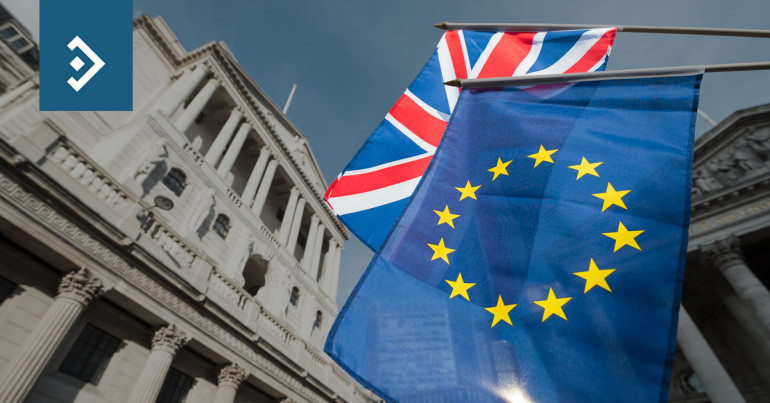
Pound falters as Brussels stands firm
Morning mid-market rates – The majors
March 6th: Highlights
- Chances of sufficient amendments to Brexit deal fading
- Dollar hitting resistance after upbeat data
- Upbeat services data provides relief for the single currency
UK no closer to an agreement with Brussels
The alternative agreed by Mrs May in return for extra time is two further votes; first, on whether the UK should leave the EU with no deal, a proposal which is almost certain to fail and second, a vote on extending the execution of Article Fifty.
The financial markets, which have been in the thrall of a no deal Brexit, have now started to return to their view that Brexit, in whatever form it is now possible for it to take, will be bad for the UK economy. The outcome of Brexit on the economy was seen again yesterday as BMW was rumoured to be considering moving some of the manufacturing of its Mini vehicles out of the UK irrespective of the type of Brexit that is achieved.
There have been several false dawns for Parliamentary action over Brexit but next week really is the “last chance saloon”.
If “Mays Deal” is voted down, and no deal is also rejected, it leaves a delay as the only course. If that were also voted down (which would be highly unlikely), no deal would then be the default position legally and Parliament would be left with no deal or May’s deal. It seems now that any input from the EU, other than accepting a plea for an extension (which is not absolutely certain), is not going to happen. It is therefore left to Parliament to extricate itself from a mess which is 100% of its own making.
Yesterday the pound fell to a low of 1.3097 versus the dollar but rallied to close virtually unchanged on the day at 1.3176.
Considering your next transfer? Log in to compare live quotes today.
Dollar in vogue as Employment report looms
This attracted the ire of the President and having reviewed the effect of rate hikes the Fed decided on a more prudent course of action becoming more data-dependent in its actions and heeded calls for “patience.” Over the period of short term rate hikes, the dollar index rose from 90.67 to 97.07 as the interest rate differential between the dollar and its G10 partners widened.
Since the start of the year, the dollar has corrected somewhat and now the market is confident that the management of the economy is on a more solid footing it is starting to rally again.
President Trump is again concerned about the effect of a strong dollar on U.S. competitiveness but while the global economy falters and rates are still not at equilibrium in the U.S. it is an issue he is going to have to accept.
Non-Manufacturing PMI data was released yesterday which gave a dollar a boost. Services activity was at 59.7 in February up from 56.7 in January and a market expectation of 57.3. This raises optimism for a strong employment report on Friday.
The dollar index rallied to a high of 97.01, closing at 96.83.
Services data cheers market ahead of ECB
Despite data which confirmed that the Italian economy is in recession, the euro managed to recover a little as elsewhere, services activity across the region grew in February. There had been expected to be a Brexit related boom in services activity as business moved from London to Paris and Frankfurt but that hadn’t been seen yet. This may be the start of such a move and UK services data will be closely studied.
The gloom that has pervaded the manufacturing sector continues to be a prime driver of activity. However, the ECB will now have two pieces of encouraging data from the past two days to cling to when they meet tomorrow.
How they will react to the need for stimulus for the economy is hard to predict. It is their usual style to try to buy more time but in order for the downturn not to turn into a recession, it will require positive action. Any prevarication, such as requiring more data or citing the odd bright spot in the economy will most likely send the euro tumbling.
As the term of Mario Draghi as ECB President winds down, it will be the style rather than the nationality of his successor that will be the most important factor.
A more conservative President, such as Germany’s Jens Weidmann, could be perceived either way with control over a monetary policy which is seen as key in the region. Those calling for a more expansive policy will be disappointed. It is unlikely that Weidmann would want to preside over a weakening currency but he may be left with no choice.
The single currency slipped below the 1.1300 level versus the dollar yesterday but rallied a little to close at 1.1301.
Have a great day!

About Alan Hill
Alan has been involved in the FX market for more than 25 years and brings a wealth of experience to his content. His knowledge has been gained while trading through some of the most volatile periods of recent history. His commentary relies on an understanding of past events and how they will affect future market performance.”



